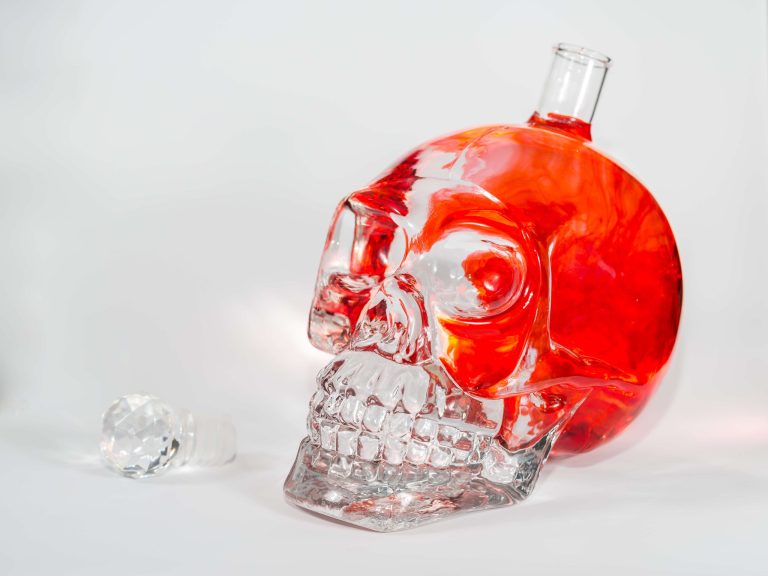When your body burns fat for energy, byproducts known as ketone bodies are produced. If your body is not producing insulin, ketone bodies will begin to build up in your bloodstream. This buildup of https://accountingcoaching.online/how-to-stop-drinking-out-of-boredom-tips-and/ ketones can produce a life-threatening condition known as ketoacidosis. When you severely restrict carbs, your body is deprived of its main source of energy, and it has to find an alternate source.
This causes the release of hormones that break down fat for the body to use as fuel. Ketones build up in the blood and eventually spill over into the urine. If you have diabetes and smell acetone on your breath, make sure to follow your doctor’s treatment plan. Most of the time, this means taking insulin, a medicine to control your blood sugar and stop ketosis from happening. Diabetes happens when your blood glucose (blood sugar), a key energy source from food, is too high. Normally, glucose gets into your cells thanks to a hormone from the pancreas called insulin.
Ketoacidosis
It’s also one of the first symptoms that doctors look for when they check for DKA. For starvation ketosis, mild ketosis generally develops after a 12- to 14-hour fast. If there is no food source, as in the case of extreme socio-economic deprivation or eating disorders, this will cause the body’s biochemistry to transform from ketosis to ketoacidosis progressively, as described below. It can be seen in cachexia due to underlying malignancy, patients with postoperative or post-radiation dysphagia, and prolonged poor oral intake.
- To learn how you can start a journey toward recovery, contact us at Gateway Foundation today.
- However, the long-term prognosis depends on the severity of the underlying alcohol abuse disorder.
- They will also ask about your health history and alcohol consumption.
- In alcoholic or starvation conditions, low insulin levels are secondary to absolute or relative hypoglycemia.
Perhaps surprisingly, the most common complications of diabetic ketoacidosis are related to this lifesaving treatment. Ongoing treatment in How To Build Alcohol Tolerance: The Best Tips From Real Experts an intensive care unit might be necessary, depending on the condition’s severity. Patients often need hydration, potassium repletion and dextrose injections to stimulate insulin production. Hypomagnesemia and hypophosphatemia are common problems seen in the laboratory evaluation due to decreased dietary intake and increased losses. Patients can have a long-standing history of alcohol use and may also present following binges. Acetic acid is a product of the metabolism of alcohol and also a substrate for ketogenesis.
Find more top doctors on
Ketoacidosis is a metabolic state caused by uncontrolled production of ketone bodies that cause a metabolic acidosis. While ketosis refers to any elevation of blood ketones, ketoacidosis is a specific pathologic condition that results in changes in blood pH and requires medical attention. The most common cause of ketoacidosis is diabetic ketoacidosis but can also be caused by alcohol, medications, toxins, and rarely, starvation. In general, the prognosis for a patient presenting with AKA is good as long as the condition is identified and treated early.

Growth hormone can enhance precursor fatty acid release and ketogenesis during insulin deficiency. Catecholamines, particularly epinephrine, increase fatty acid release and enhance the rate of hepatic ketogenesis. Several mechanisms are responsible for dehydration, including protracted vomiting, decreased fluid intake, and inhibition of antidiuretic hormone secretion by ethanol. Volume depletion is a strong stimulus to the sympathetic nervous system and is responsible for elevated cortisol and growth hormone levels.
What type of help do you get for being anorexic?
The prevalence of AKA in a given community correlates with the incidence and distribution of alcohol abuse in that community. The resulting increase in the NADH/NAD+ ratio inhibits hepatic https://accountingcoaching.online/alcohol-brain-fog-how-to-heal-your-brain/ gluconeogenesis and elevates the ratio of hydroxybutyric acid to acetoacetic acid. Acetic acid (an acyl group carrier) is linked with coenzyme A (a thiol) to produce Acetyl-CoA.
- This drop in blood sugar causes your body to decrease the amount of insulin it produces.
- Alcoholic ketoacidosis (AKA) is a condition seen commonly in patients with alcohol use disorder or after a bout of heavy drinking.
- For those with alcohol use disorders, professional treatment is necessary to stop excessive drinking.
- Going on a drinking binge when your body is in a malnourished state may cause abdominal pain, nausea, or vomiting.
- This buildup of ketones can produce a life-threatening condition known as ketoacidosis.
- This causes the release of hormones that break down fat for the body to use as fuel.
They are characterized by unhealthy patterns of eating caused by obsessive and compulsive behaviors. Eating disorders can affect any age or gender but young women are most commonly affected. In order to make a diagnosis and start treatment, please contact your doctor.

